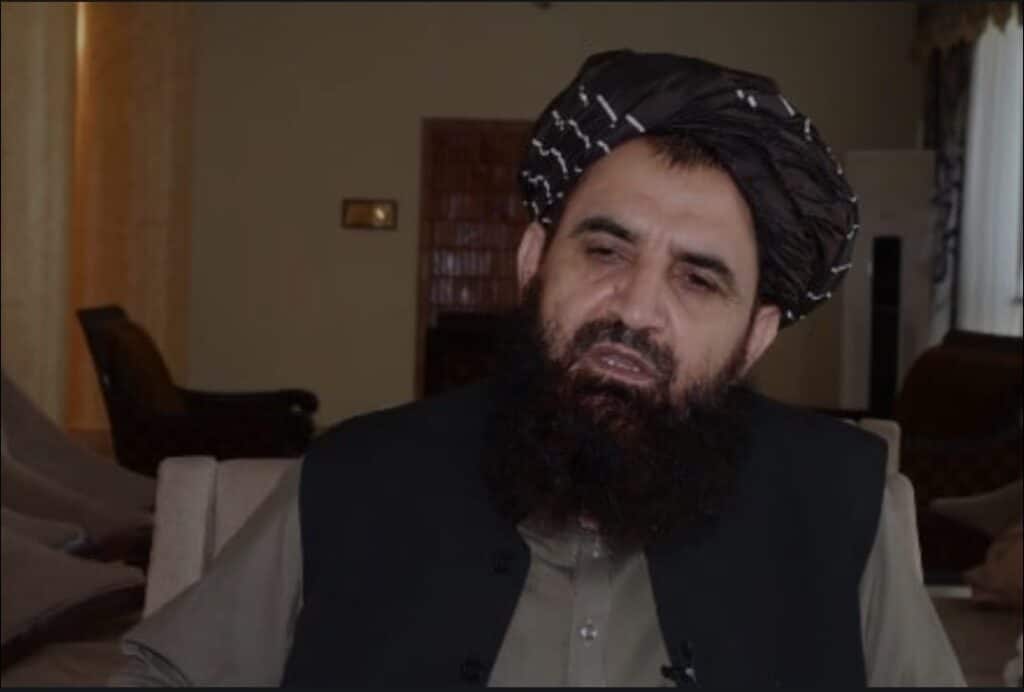In an exclusive interview with Al Jazeera, Afghanistan’s intelligence chief, Mawlawi Abdul Haq Wasiq, painted a picture of a secure, stable, and “peace-loving” Afghanistan under Taliban rule. He boasted of ending mysterious assassinations, dismantling mafia networks, eliminating sleeper cells, and denying safe haven to any foreign militants. According to Wasiq, there are no Syrian fighters in Afghanistan, no ISKP bases inside the country, and no TTP or other militant groups receiving sanctuary.
Yet these sweeping claims raise more questions than they answer. If ISKP has no operational foothold in Afghanistan, how is the group able to stage frequent and deadly attacks across Kabul, Nangarhar, and other provinces? If TTP fighters are not sheltered, why do Pakistani authorities consistently trace cross-border attacks and suicide bombings back to Afghan soil? Can the Taliban credibly deny realities repeatedly confirmed by UN reports, international monitoring groups, and even local communities?
Wasiq also dismissed allegations of militant camps in Afghanistan as “baseless propaganda” designed to tarnish the Taliban’s image. But his rejection ignores mounting evidence of extremist mobility across porous Afghan borders. His framing of ISIS as a “foreign project” used by intelligence agencies conveniently shifts blame outward—yet fails to explain why Afghan civilians continue to bear the brunt of ISKP’s violence inside their own country.
By insisting Afghanistan poses “no threat to anyone,” Wasiq attempts to project legitimacy abroad. But observers note a contradiction: a government that restricts freedoms, shelters radical elements, and fails to prevent cross-border violence cannot easily be branded as a peace guarantor.
The Taliban’s narrative may work for political optics, but it struggles against hard realities on the ground. Until the Afghan leadership acknowledges the presence of militant groups, addresses regional concerns, and stops deflecting responsibility, Wasiq’s reassurances will remain open to doubt.





